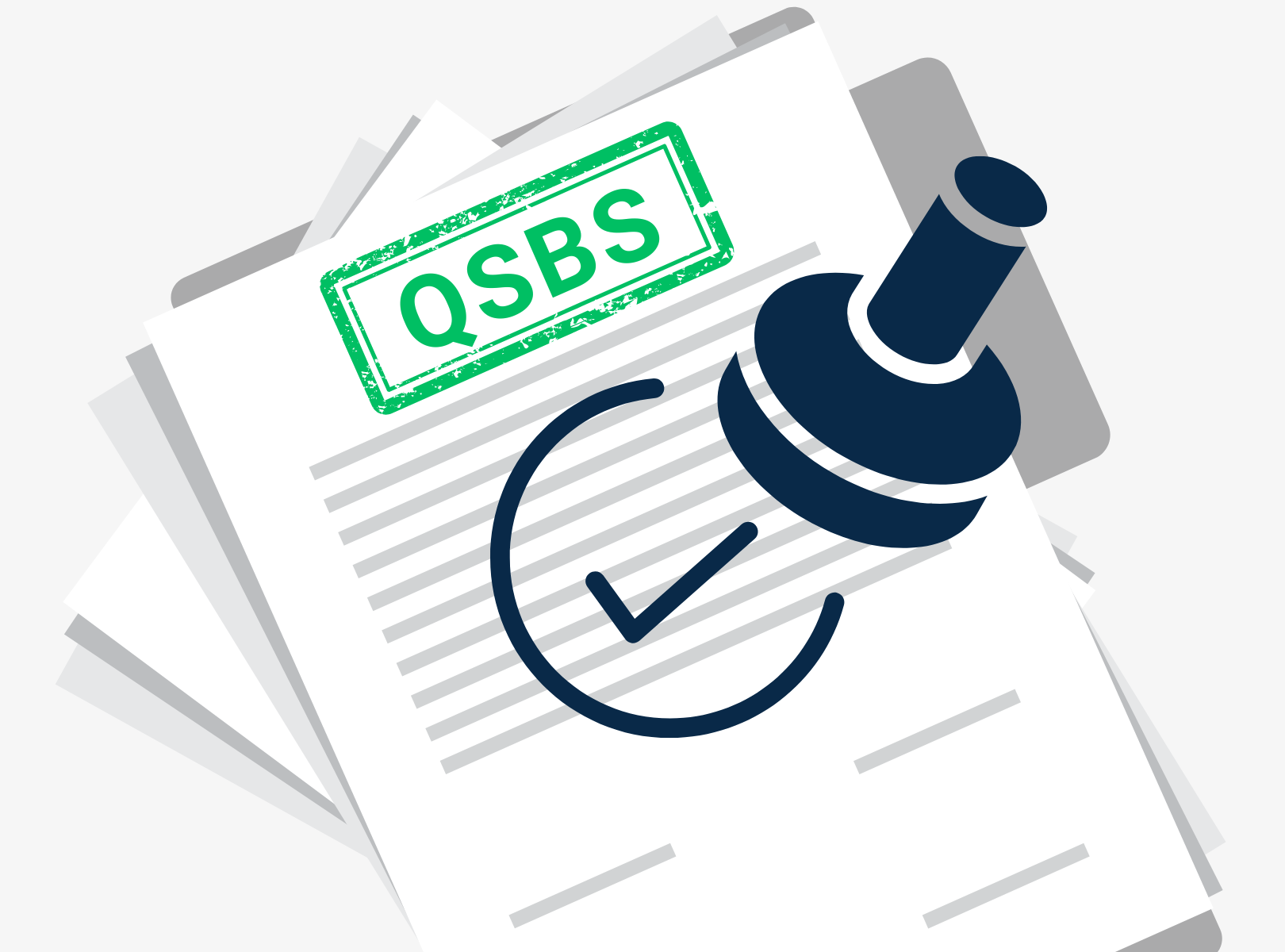A Qualified Small Business Stock (QSBS) attestation letter is a formal document that certifies a company’s stock as QSBS-eligible under the IRS’s criteria. This letter typically includes critical information such as the company’s qualification as a qualified small business, its active business status, and other specific IRS requirements.
Essentially, it acts as a seal of assurance for investors and employees. A QSBS attestation letter confirms that the shares they own or plan to acquire can potentially yield substantial tax savings.
Why is a QSBS Attestation Letter Important?
The QSBS tax benefit is designed to incentivize investment in small businesses. It does so by potentially allowing shareholders to pay zero federal capital gains tax on up to $10 million or ten times their investment (whichever is greater) when they sell their shares.
This provision can significantly enhance the appeal of a startup to potential investors and employees. It’s a crucial consideration for any founder looking to maximize their company’s attractiveness.
For example, if someone is investing in a Series B round, they may want assurance from the company that the shares they are purchasing qualify as Qualified Small Business Stock (QSBS). In this case, the company can provide a QSBS attestation letter to potential investors to alleviate that concern.
Eligibility Criteria for QSBS Attestation
To qualify for a QSBS attestation letter, both the issuing company and the stockholder must meet specific eligibility criteria. For companies, they must be domestic C corporations with gross assets not exceeding $50 million at the time of stock issuance.
Moreover, the company must actively conduct business, with at least 80% of its assets employed in active operations. For stockholders, they must acquire the stock directly from the company and hold it for a minimum of five years to benefit from the tax exclusion.
The Role of a QSBS Attestation Letter
While a QSBS attestation letter is not strictly required to claim Qualified Small Business Stock (QSBS) benefits, it can significantly streamline the process. It can also enhance your confidence and security, especially in cases of ambiguity.
Should the IRS audit your claim, having QSBS attestation can expedite the verification process since it ensures that all documentation meets IRS standards. Consequently, a QSBS attestation letter is especially valuable when preparing for potential audits or inquiries from investors.
When Should a Founder Consider Obtaining a QSBS Attestation Letter?
A founder should consider obtaining a QSBS attestation letter when preparing for significant financial events. Examples of these might be fundraising rounds or exits.
Prospective investors often seek confirmation for themselves and their families that their potential stock purchases will qualify for QSBS benefits. This can greatly enhance the financial attractiveness of their investment and help them implement additional optimizations using other QSBS strategies.
Similarly, employees who hold stock options or shares might request this confirmation to plan their financial futures effectively.
How to Facilitate QSBS Attestation
Several companies provide assistance with this and while we offer family office, estate planning, and professional QSBS services, we partner with firms that can seamlessly integrate a QSBS attestation letter with our founder client’s cap table management and 409A valuations. This collaboration streamlines the entire process.
By getting a QSBS attestation letter, founders can ensure they, their employees, and their investors are well-prepared to take full advantage of QSBS benefits. Doing so ultimately provides value and makes their companies more investment-ready.
Not every company requires a QSBS attestation, but the peace of mind and potential cost savings gained by approaching it correctly can be significant. This highlights the importance of understanding and leveraging QSBS provisions in the constantly evolving startup landscape.
FAQs
What is a QSBS attestation letter?
A QSBS attestation letter is a formal document that certifies a company’s stock as QSBS-eligible under the IRS’s criteria.
Why is QSBS important?
The Qualified Small Business Stock (QSBS) tax benefit incentivizes investment in small businesses. It does so by potentially allowing shareholders to pay zero federal capital gains tax on up to $10 million or ten times their investment (whichever is greater) when they sell their shares.
What documentation is needed for QSBS?
While documentation may not be necessary unless you are audited, it’s wise to keep a QSBS attestation handy. Typically, documentation that may be required during an audit to prove your QSBS status includes:
- Articles of incorporation
- Stock purchase agreements
- Any representations made by the company regarding your shares qualifying as QSBS
- Sales agreements
- Tax returns
- Financial statements, among other items that might be requested


